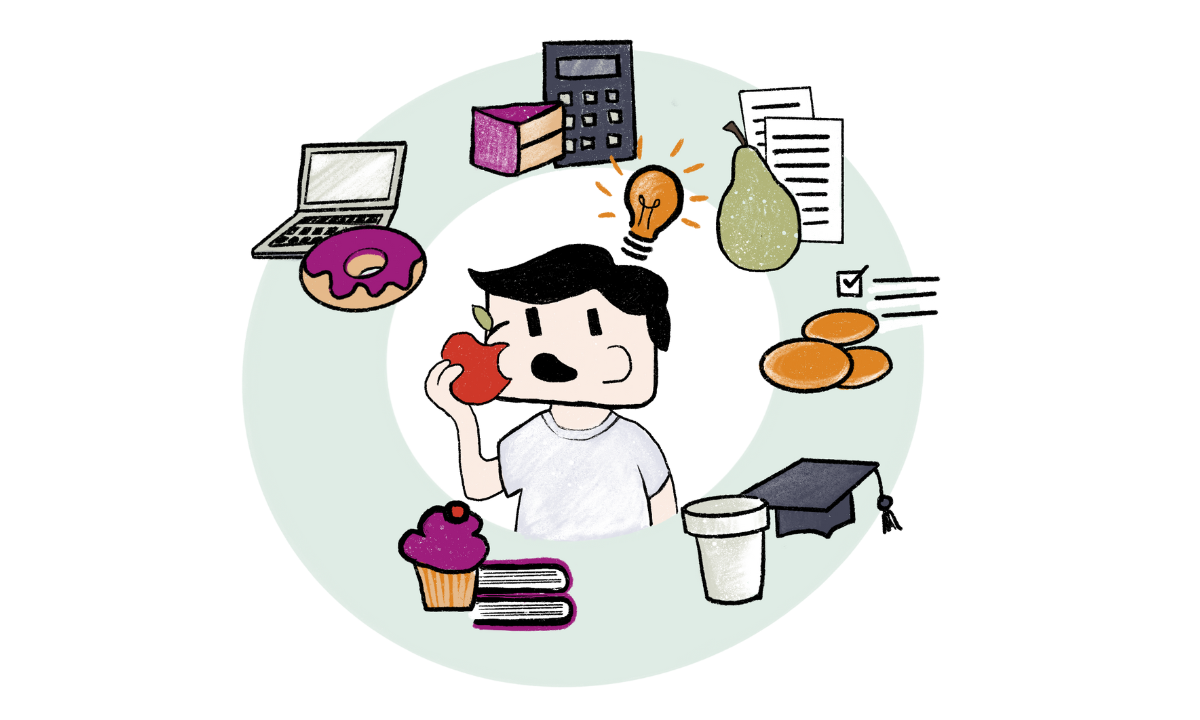Ever tried assembling furniture without the instructions? It’s a wild ride—trust us, we’ve been there. In today’s fast-paced, ever-evolving workplace, having the right knowledge at the right moment is as essential as that missing Allen key. Enter microlearning and just-in-time training—not just buzzwords but game-changers in how we acquire skills and knowledge.
But what’s driving this surge in demand for new ways of learning? Is it employers clamouring for workers with real skills over shiny paper qualifications? Is the education market shifting towards a competitive, choice-driven landscape where privatisation and autonomy take the front seat?
Are traditional training courses lagging behind the rapid pace of technological advancements? Or is the rise of micro, mobile, just-in-time, and nano learning a direct response to our need to adapt quickly in a tech-driven world? Big questions, we know. And they’re stirring up quite the debate in political circles, boardrooms, training organisations, and university halls alike.
The shift in the learning landscape
Let’s peel back the layers. The modern workplace is a whirlwind of change—new technologies, methodologies, and challenges pop up faster than you can say “disruption.” Employers need teams that can adapt on the fly, mastering new skills as quickly as they can Google “best cake recipes” (yes, we went there).
This urgency has spotlighted a significant shift towards a neoliberal learning economy. Training and education are increasingly viewed through the lens of market principles, emphasising competition, individual responsibility, and immediate applicability. In this new paradigm, traditional lengthy courses are often too slow, too broad, or too disconnected from real-world applications.
Microlearning: bite-sized brilliance
So, what exactly is microlearning? Imagine learning modules that are like snackable content—small, focused chunks of knowledge that you can consume in the time it takes to enjoy a coffee break (or a slice of cake). Typically, 3-5 minutes long and laser-focused on a single learning objective, microlearning delivers specific concepts or skills without the fluff.
The sweet benefits
Flexibility and Improved Retention: Microlearning fits into your schedule like that last piece of cake fits into our afternoon. Learning happens when motivation is high and the need is immediate, leading to better retention.
Reduced Cognitive Load: By zeroing in on one topic, microlearning eliminates distractions. Multimedia elements like videos and interactive infographics engage different senses, making the learning experience not just effective but enjoyable.
Mobile-Friendly: Designed for the devices we can’t live without, microlearning lets you learn anytime, anywhere. Stuck in a queue? That’s a learning opportunity.
Just-in-time learning: knowledge when you need it most
Just-in-time (JIT) learning is the trusty sidekick to microlearning. It’s all about accessing information precisely when you need it—think of it as the GPS for your learning journey. Facing a new task at work? JIT learning provides the exact knowledge required to tackle it head-on.
Why It’s a Game-Changer
- It has immediate application. You learn it, then you do it. The gap between knowledge acquisition and application shrinks, boosting confidence and competence.
- It’s relevant. The learning is directly tied to your current task, making it more meaningful and easier to grasp.
- It’s self directed. Employees take charge of their learning, seeking out resources that fit their immediate needs.
The drivers behind the demand
Several factors are fuelling the rise of microlearning and JIT training:
- Employer expectations – Companies value skills over degrees. They need employees who can adapt and grow with the company.
- Technology – new tools and platforms emerging constantly mean that ongoing learning isn’t optional—it’s essential.
- Increasing competition for both individuals and organisations striving to stay ahead. Quick, effective learning methods provide that competitive edge.
- There’s a move towards personalised, flexible learning paths over traditional one-size-fits-all education.
Embracing the future of learning
So, where does this leave us? Well, for starters, it’s time to embrace these new learning paradigms. Microlearning and just-in-time training aren’t just trends; they’re necessities in a world where change is the only constant.
Organisations should integrate these methods into their training programs, and individuals should seek out opportunities to learn in these new formats. After all, staying competitive and capable isn’t just about keeping up—it’s about leading the way.
The icing on the cake
At the end of the day, learning should be engaging, relevant, and yes, even fun. By adopting microlearning and just-in-time training, we’re not just keeping pace with the future—we’re setting ourselves up for a sweeter, more fulfilling career path.
So go ahead, take that bite-sized lesson, apply it instantly, and maybe treat yourself to a slice of cake afterward. You’ve earned it.
A little about Spinifex
Wondering how to get started, think of it like baking your favourite cake. You don’t dive into the kitchen without checking the recipe (unless you’re feeling adventurous). Let us help you to gather the ingredients and get the cake into the oven so that you can sit back and eat it.



